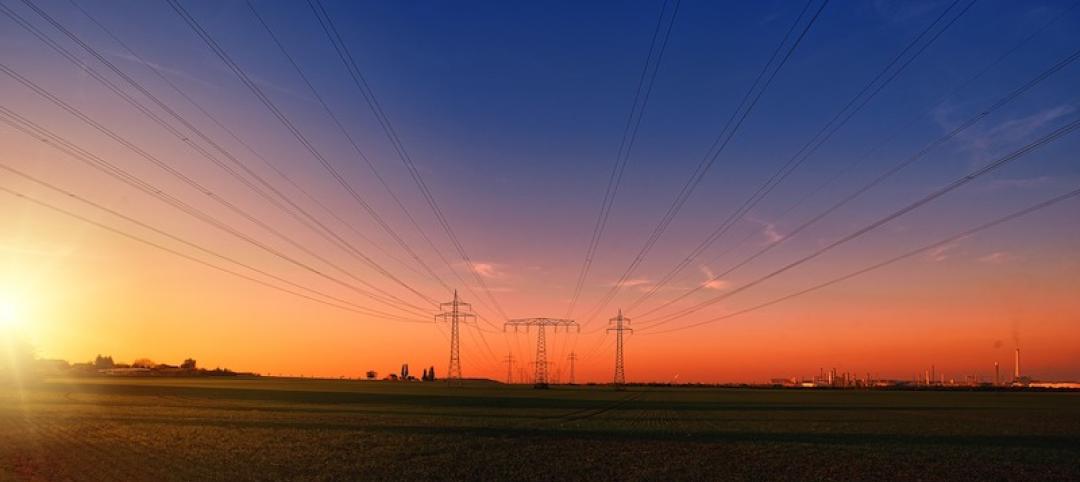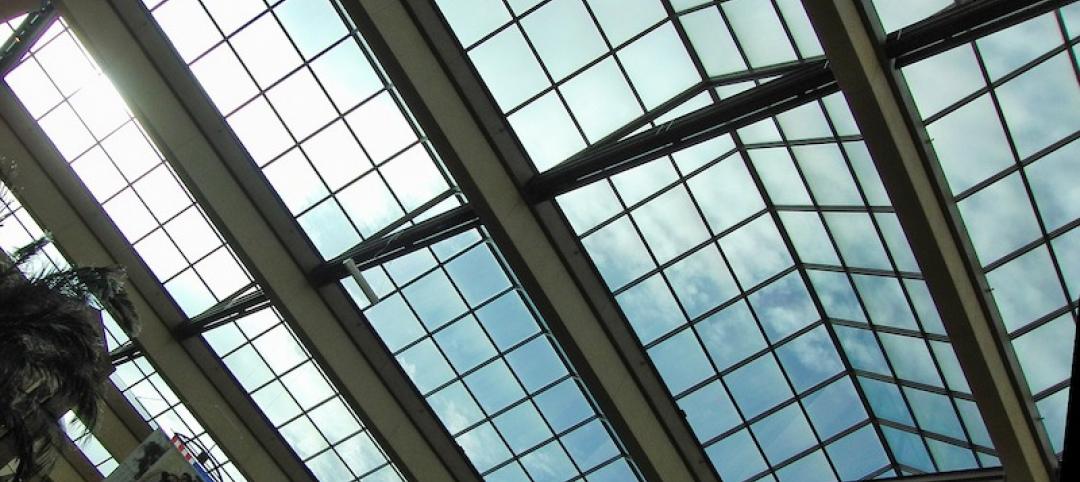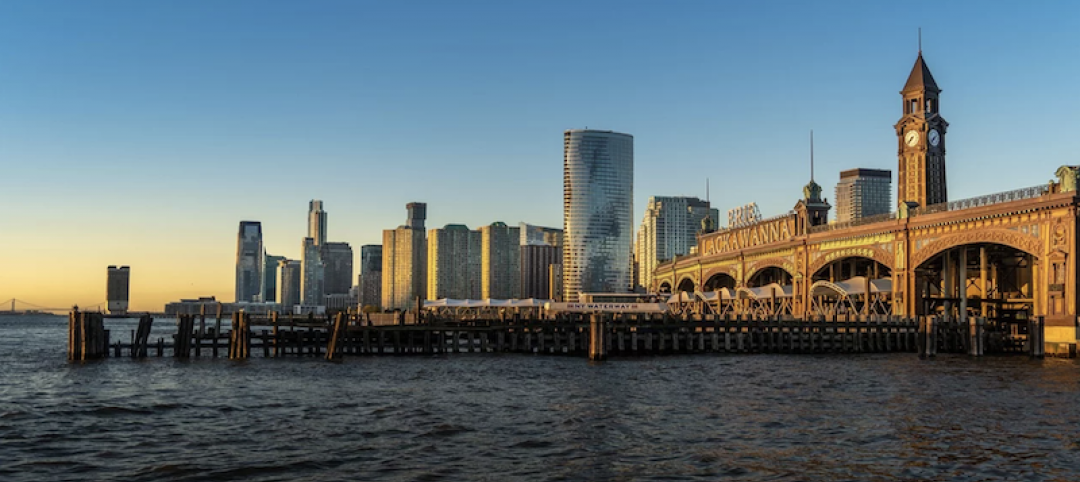According to the International Energy Agency (IEA), buildings and the construction sector combined are responsible for nearly 40% of total direct and indirect CO2 emissions.
Emerging technologies are making it possible to mitigate that impact by turning buildings into power plants, a concept called building-integrated solar power (BIPV). Rack-mounted PV arrays on rooftops are the most common way to generate solar power on buildings, but this solution has some drawbacks.
Some consider rack-mounted PVs as eyesores, particularly when considered for historic buildings. This can be a barrier to wider adoption in urban architecture.
Other options including monocrystalline solar panels, dye-sensitized solar cells, and perovskites make it possible to alter the color of solar power generating cells. This makes them more attractive than conventional PVs and suitable for use on facades and walls. In some formulations, these materials can be made semi-transparent so that they can be used for fenestration.
Related Stories
Codes and Standards | Feb 18, 2020
Recent Dept. of Energy grants emphasize grid-interactive building technology
National labs, universities, businesses selected for total of $74 million in funding.
Codes and Standards | Feb 14, 2020
At least 13 states create incentives for utilities to use demand response programs
Practice optimizes power grid, incorporates more renewable power.
Codes and Standards | Feb 13, 2020
Living Future Institute’s JUST program helps measure progress on sustainability, social justice
Functions as a transparency platform for organizations to disclose their operations.
Codes and Standards | Feb 12, 2020
Commercial Building Energy Saver Wins R&D 100 Award
Software toolkit enables access to deep energy retrofit and zero-net energy strategies.
Codes and Standards | Feb 11, 2020
Fenestration Rating Council launches faster energy performance testing system
New windows, doors, and skylights will get to market faster.
Codes and Standards | Feb 7, 2020
Landlords scramble to comply with the New York City Council’s Climate Mobilization Act (CMA)
Intent is to reduce greenhouse gas emissions; improve efficiency for buildings larger than 25,000 sf.
Codes and Standards | Feb 6, 2020
New document to determine THERM finite element modeling surface temperatures released
Process often used to predict interior surface temperatures on fenestration.
Codes and Standards | Feb 5, 2020
HUD issues guidance on emotional support animals
Clarifies the responsibilities of rental housing providers and renters.
Codes and Standards | Feb 4, 2020
New Jersey to become first state to require building contractors to consider climate change impact
Governor has seven key strategies for emissions cuts.
Codes and Standards | Jan 31, 2020
Colorado ranks first in LEED Top 10 states
Rankings of states for LEED certified square feet per person released.

















